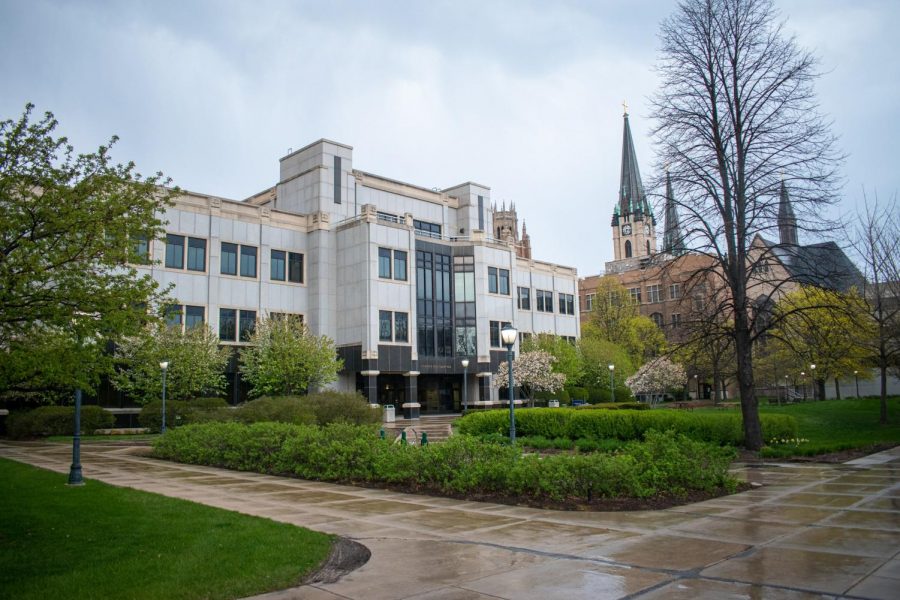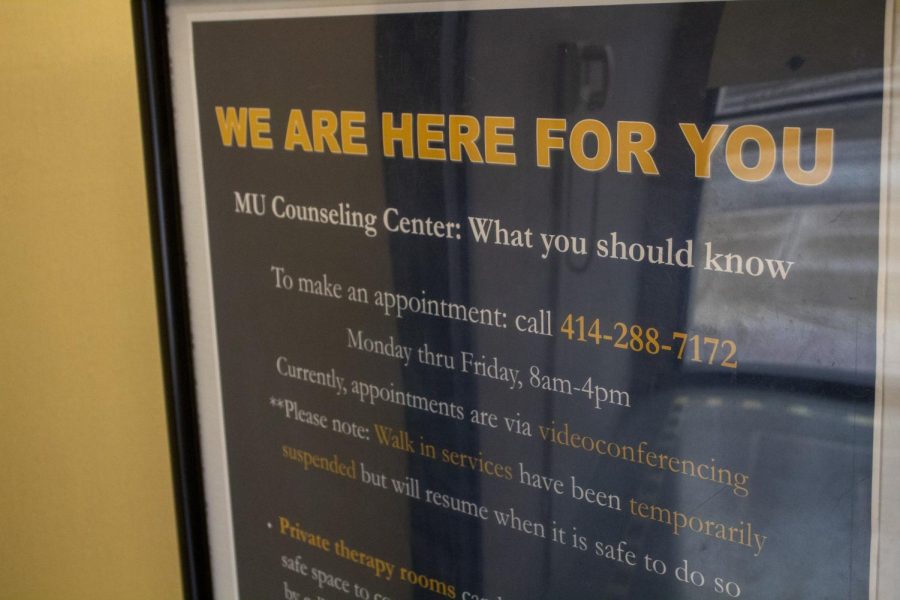Millions of people are saying “I quit” after the COVID-19 pandemic started what is being referred to as “The Great Resignation.”
Anthony Klotz, an organizational psychologist at Texas A&M University, coined the phrase “The Great Resignation” to describe the ongoing trend of employees voluntarily leaving their jobs.
The COVID-19 pandemic led to the worst U.S. recession since The Great Depression, leaving many still out of a job due to layoffs, budget cuts, pay cuts and hiring freezes.
As of October 2021, the unemployment rate is 4.8%, which is the lowest it’s been since the start of the COVID-19 pandemic.
Back in April 2020, the unemployment rate reached 14.8%, which was the highest rate observed since 1948.
Yet, employers are now struggling to fill staffing shortages.
“Why work for corporations in a time of crisis when your time isn’t being valued enough?” Sarah Lessila, a senior in the College of Health Sciences, said. “Most people came to the conclusion that collecting pandemic unemployment and stimulus checks were more sustainable than working.”
There have been three rounds of COVID-19 stimulus checks, money sent to taxpayers by the U.S. government to stimulate the economy by providing consumers with spending money. The most recent check was in March 2021 where individuals or head of household filers could receive $1,400 and married couples filing jointly could receive $2,800.
Families with dependents were also eligible for an extra payment of $1,400 per dependent. Gross income could not exceed $75,000 for individuals, $112,500 for head of household filers and $150,000 for married couples filing joint returns in order to be eligible.
In Wisconsin, unemployment benefits range from a minimum of $54 to a maximum of $370 a week.
At least one in four people have quit their jobs this year. The rate that people quit at is normally around 2% whereas now, they are at nearly 3%, which is higher than any time in recent history. The number of job openings is also about double the usual number.
The main causes behind “The Great Resignation” include burnout, people experiencing major shifts in identity and purpose that led them to pursue other opportunities, a backlog of workers who wanted to quit before the pandemic but waited and people not wanting to go back to the office after over a year of working remotely.
“Attitudes toward work are shifting since the pandemic,” Courtney Hanson, director of the Career Services Center, said. “Many people were forced to work from home and when this happened the meaning of work-life balance changed for some of them. Other essential workers faced burnout and left their jobs to recover and find different work.”
Many are suffering from burnout or fatigue in their current positions due to a fear of personal safety, a lack of fair treatment or an inequitable work-life balance because of poor working conditions and low pay.
Because of this, staffing shortages are at a record high. This includes businesses on Marquette’s campus.
The Starbucks on Marquette’s campus has recently changed their hours to 6 a.m. to 3 p.m. Monday-Saturday and are now closed on Sundays in response to shortages in staff and to avoid overworking their partners.
“It’s horrible,” Katherine Fitzgerald, a senior in the College of Nursing, said. “As a caffeine-addicted nursing student, I go to Starbucks for coffee when I need to run to my next class.”
For recent and upcoming graduates, however, “The Great Resignation” could be good news.
“The job landscape is much more open than it was for our 2020 graduates,” Hanson said. “We are also seeing employers adding benefits to attract workers such as increasing pay, sign-on bonuses and considering greater flexibility with work schedules and remote work.”
57% of CEOs say attracting and recruiting talent is among their organization’s biggest challenges and 35% say they’ve expanded benefits in the past 12 months in order to strengthen their ability to retain talent.
Due to “The Great Resignation,” 30% of the entire workforce have updated their resumes on public job boards and there are still over four million open job postings in the United States.
Still, the federal minimum wage has yet to increase from $7.25 but the cost of living has continuously gone up.
“The job market is intimidating to me naturally just because I’ll be entering it so soon. But in light of ‘The Great Resignation,’ I’m more worried to enter it now because of the realizations I’ve made about the system that is the job market,” Lessila said.
Currently, the hardest industries to fill include healthcare, government and non-profit sectors.
“I feel like most people I know don’t enjoy their jobs and that scares me. I don’t want to work a job I’ll hate just so I can barely live,” Lessila said.
This story was written by Bailey Striepling. She can be reached at [email protected].








